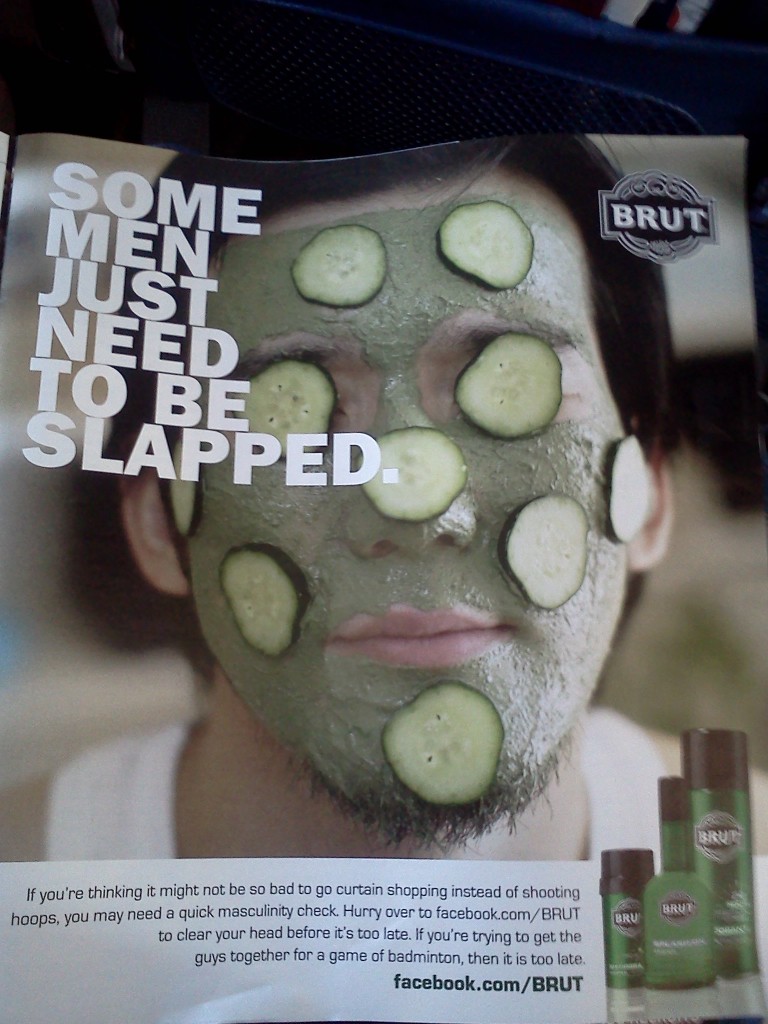When I teach Sociology of Race and Ethnicity, one thing I have to balance is disclosure of the horrendous history of racism in the U.S. and the risk of further traumatizing students in my classroom for whom these tragedies are not pure abstractions. One of the these tragedies is lynching.
Lynching, or the killing of individuals targeted by non-police mobs, usually by hanging, became frighteningly common after slavery was ended. It was a form of terrorism, designed to teach black people, and their white allies, that the end of slavery would not be the end of their subordination. Because a lynching need not be based on evidence that could stand up in court, all anti-racists were at risk of death. Thousands of people — most, but not all of them black — were violently hanged, their bodies often set afire.
Despite the importance of this chapter of American history, I do not show pictures of lynchings in my classroom. These images are surprisingly easy to come by because the events were often gleefully public and photographs of the murders were sold as postcards. Sometimes, though, I think about showing Billie Holiday singing what is, perhaps, one of the most deeply troubling songs ever written, “Strange Fruit.” Written by Abel Meeropol and Laura Duncan, it was first performed by Holiday in 1939, almost 30 years before lynching could be called “history.”
Strange Fruit:
Via BoingBoing.
Lisa Wade, PhD is an Associate Professor at Tulane University. She is the author of American Hookup, a book about college sexual culture; a textbook about gender; and a forthcoming introductory text: Terrible Magnificent Sociology. You can follow her on Twitter and Instagram.












